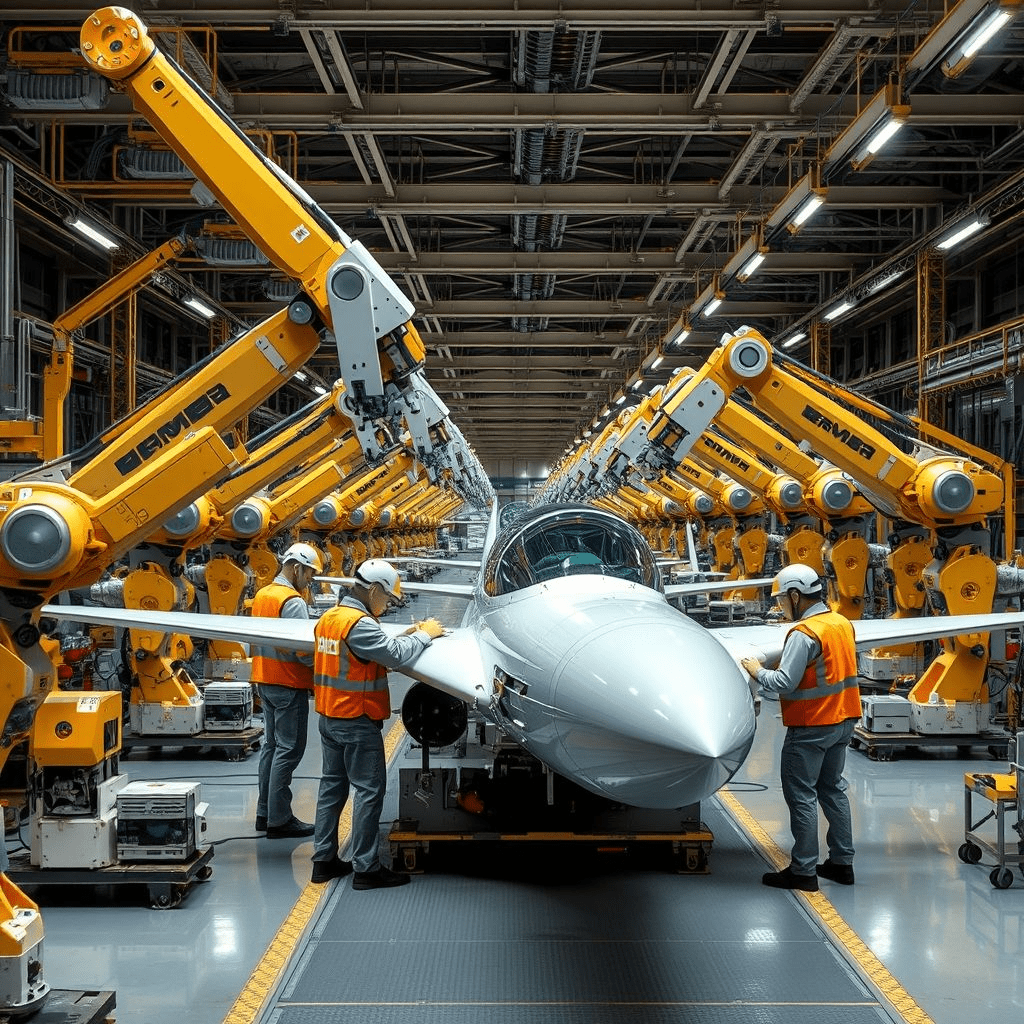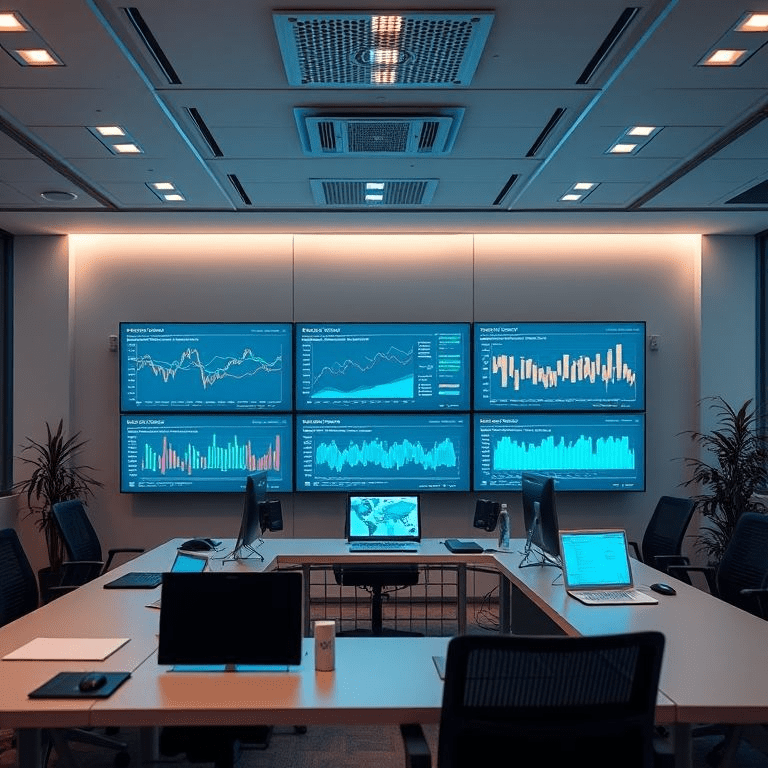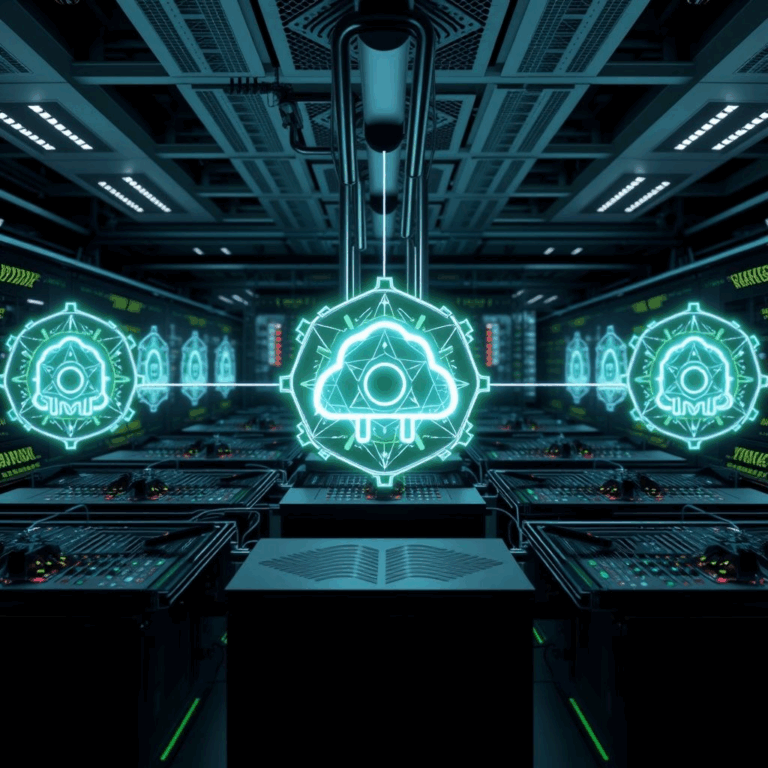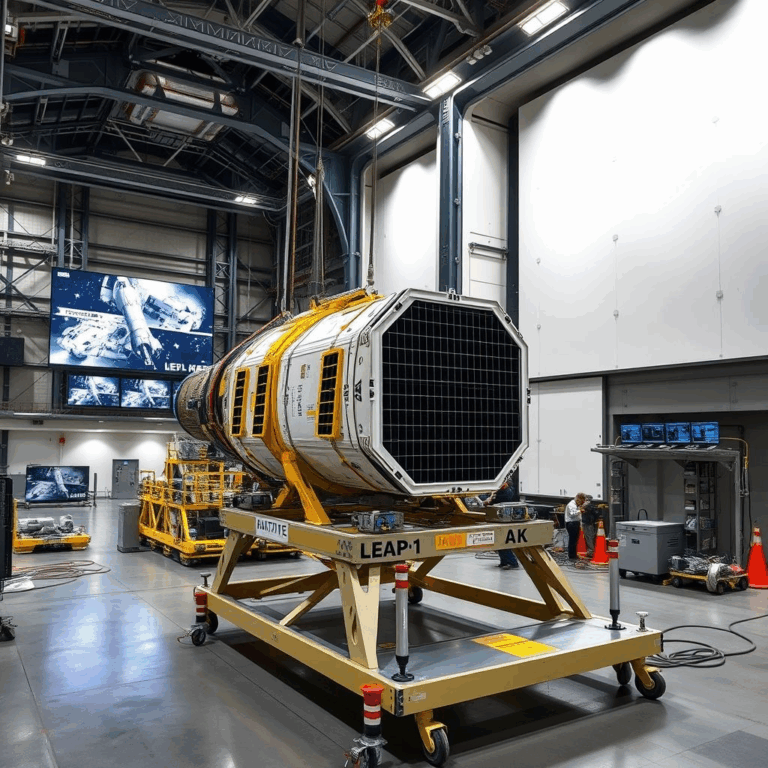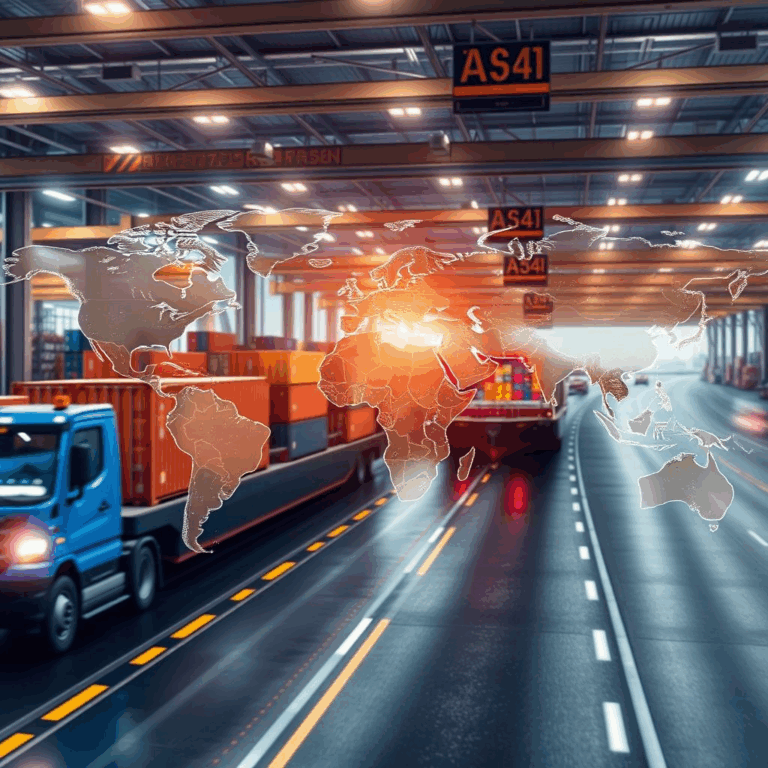Introduction
In a landmark move for American manufacturing, defense tech startup Hadrian announced it has raised $260 million to build a next‑generation, AI‑powered factory in Mesa, Arizona. This new facility is designed to produce key aerospace and defense components using cutting‑edge robotics and artificial intelligence, promising to transform the way critical hardware is manufactured in the United States.
About Hadrian
Hadrian was founded by Chris Power with the mission of revitalizing American industrial capabilities through robotics and software automation. The company has become a leader in defense and aerospace manufacturing, combining robotics, AI, and skilled human workers in a seamless workflow.
Hadrian’s existing factories already operate at a 10:1 robot‑to‑human ratio, delivering nearly four times the productivity of conventional manufacturing facilities. With this new funding and factory, Hadrian aims to scale its operations dramatically.
The $260 Million Funding Round
The company raised $110 million in equity, led by prominent venture capital firms, and an additional $150 million in debt financing from major financial institutions. The funds will be used to complete construction of a 270,000‑square‑foot factory capable of producing up to 10,000 precision aerospace components per month.
This facility is strategically located in Mesa to benefit from favorable logistics, skilled workforce availability, and proximity to key aerospace hubs.
Why This Matters
Reshoring and Workforce Development
By combining AI with vocational training, Hadrian is helping to bring manufacturing jobs back to the U.S., while addressing the growing skills gap in industrial trades. Workers are trained to become robotics technicians in just 30 days, enabling them to work alongside advanced machines.
Strengthening National Security
The factory is expected to supply mission‑critical components for drones, satellites, rockets, and naval systems, thereby reinforcing the country’s defense readiness.
Economic Impact
Arizona and surrounding states stand to gain economically from the influx of skilled jobs and regional investment in advanced manufacturing technologies.
Industry Reactions
Chris Power noted that AI and robotics “fill the growing labor gap” but do not aim to displace workers — rather, they enable higher productivity and safer working conditions. Industry experts hailed the move as a model for combining automation and workforce development to enhance U.S. competitiveness.
Competitive Landscape
Other defense technology firms are also building robot‑assisted factories, but Hadrian’s approach stands out for its scale and emphasis on employee training.
Future Outlook
Looking ahead, Hadrian plans to expand its offerings to include shipbuilding components and explore opportunities in semiconductor and renewable energy manufacturing. Analysts predict that this blueprint could become a template for other sectors looking to modernize production.
Conclusion
Hadrian’s $260 million funding and the launch of its Mesa factory underscore the vital role of AI and robotics in reshaping American manufacturing. The defense tech startup exemplifies how innovation can revitalize industries, empower workers, and strengthen national security.

